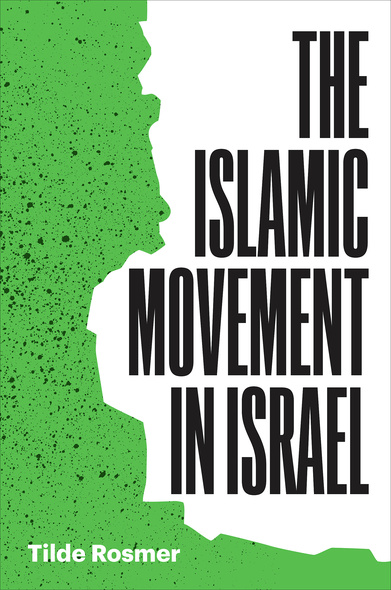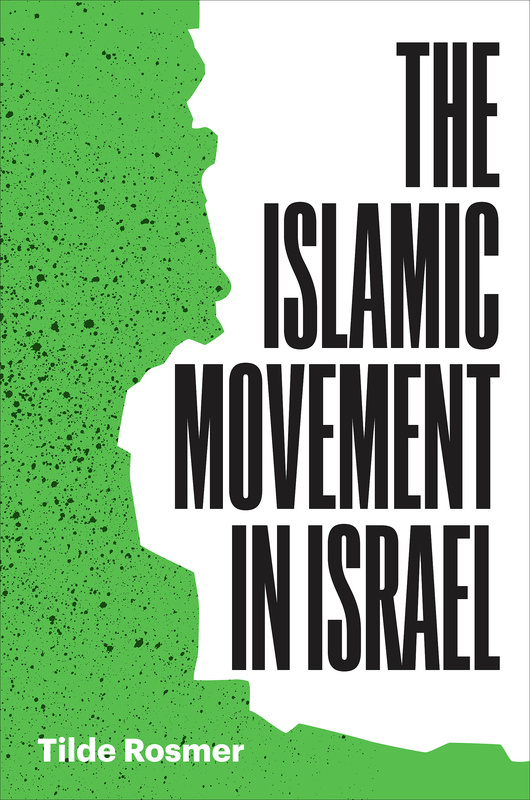Since its establishment in the late 1970s, Israel’s Islamic Movement has grown from a small religious revivalist organization focused on strengthening the faith of Muslim Palestinian citizens of Israel to a countrywide sociopolitical movement with representation in the Israeli legislature. But how did it get here? How does it differ from other Islamic movements in the region? And why does its membership continue to grow?
Tilde Rosmer examines these issues in The Islamic Movement in Israel as she tells the story of the movement, its identity, and its activities. Using interviews with movement leaders and activists, their documents, and media reports from Israel and beyond, she traces the movement’s history from its early days to its 1996 split over the issue of its relationship to the state. She then explores how the two factions have functioned since, revealing that while leaders of the two branches have pursued different approaches to the state, until the outlawing of the Northern Branch in 2015, both remained connected and dedicated to providing needed social, education, and health services in Israel’s Palestinian towns and villages. The first book in English on this group, The Islamic Movement in Israel is a timely study about how an Islamist movement operates within the unique circumstances of the Jewish state.
This book is a meaningful contribution to several larger topics—the rise of Palestinian nationalism since the 1967 war, the Israeli-Palestinian conflict, the quality of Israeli democracy, and the compatibility of Islam and democracy. It adds, without a doubt, a new and highly detailed description of the decades-long political and social activity of Islamists within Israel.
Given that most of the research related to Israel's Islamism focuses on Hamas, rather than on the Islamic movements that exist within the country, Tilde Rosmer's work is a welcome addition to the field. The book’s argument, which suggests that Israel's Islamism is distinctively shaped by the three types of responses that appear when Palestinian citizens of Israel feel compelled to 'Israelize' (namely, Islamization, Palestinization, and Arabization), helps us to understand the historical development of the movement and its particularism. The book enriches our knowledge of Israeli politics and is an interesting case study of the intertwining of religion and politics in the Middle East.
Acknowledgments
Glossary
Introduction: Palestinian Islamists in the Jewish State
Chapter 1. The Emergence of the Islamic Movement in Israel
Chapter 2. The Split of the Islamic Movement in Israel: Minority Dilemmas in the Jewish State
Chapter 3. A Trifecta of Goals: Religious Sites, Land, and People
Chapter 4. Resisting “Israelization” in Israel
Chapter 5. Activists and Relations with Other Palestinian Citizens
Chapter 6. New Watersheds: The Joint List and a Ban
Conclusion: Islamist Palestinian Nationalists Made in Israel
Appendix: Student Survey
List of Sources
Index










